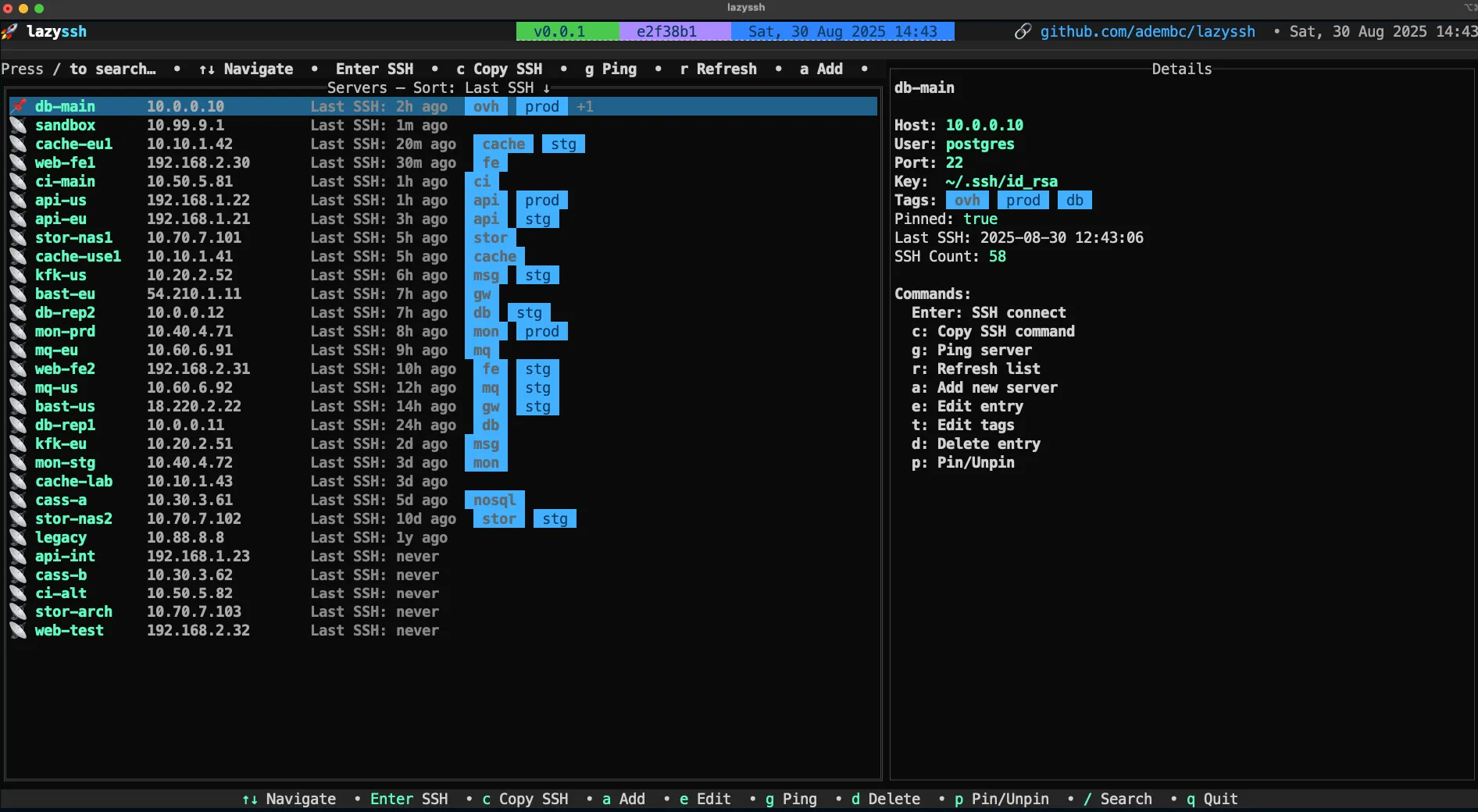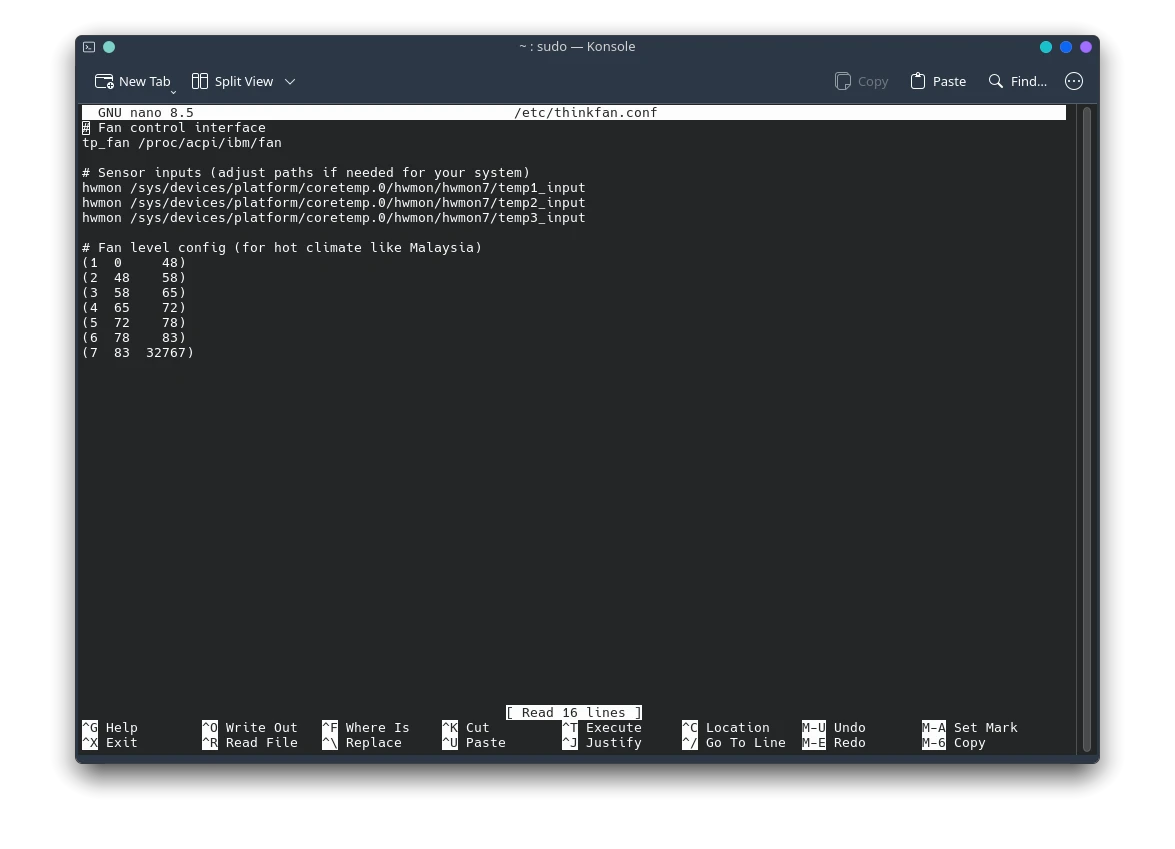Setting Up Personal DNS over HTTPS (DoH) and DNS over TLS (DoT) Using Open-Source Software
In an era where digital privacy is increasingly at risk, securing your DNS (Domain Name System) queries is crucial. Traditional DNS requests are sent in plaintext, making them vulnerable to eavesdropping and tampering. Fortunately, DNS over HTTPS (DoH) and DNS over TLS (DoT) offer encrypted channels for DNS queries, significantly enhancing your privacy and security.
Understanding DoH and DoT
- DNS over HTTPS (DoH): Encrypts DNS queries using the HTTPS protocol, making it difficult to distinguish DNS traffic from regular web traffic. This helps bypass censorship and improve privacy.
- DNS over TLS (DoT): Encrypts DNS queries using Transport Layer Security (TLS), securing the communication channel between your device and the DNS resolver.
Both protocols prevent eavesdropping and manipulation of DNS data by external parties, such as ISPs or malicious actors.
Why Run Your Own DNS Resolver?
Running your own DNS resolver has several advantages:
- Enhanced Privacy: Prevent third-party DNS services from logging or selling your DNS queries.
- Increased Security: Protect against DNS hijacking and other DNS-related threats.
- Customization: Apply custom DNS filtering rules, block ads and trackers, or direct specific domains to chosen IPs.
- Improved Performance: Reduce latency by caching DNS responses and optimizing resolver placement.
Open-Source Software for DoH and DoT
We’ll focus on the following open-source tools to set up a personal DNS resolver with support for DoH and DoT:
- Unbound: A high-performance DNS resolver that supports DNS over TLS (DoT).
- Caddy: A modern web server with native support for DNS over HTTPS (DoH).
- Stubby: A DNS privacy daemon designed for DNS over TLS (DoT).
- Knot Resolver: A versatile DNS resolver supporting both DoH and DoT.
- CoreDNS: A DNS server with modular support for DoH and DoT via plugins.
- DNSDist: A DNS load balancer that can proxy DNS queries over HTTPS and TLS.
Protect your online privacy and enhance your security by setting up your personal DNS resolver with DNS over HTTPS (DoH) and DNS over TLS (DoT). Learn how to install and configure popular open-source tools like Unbound, Caddy, Stubby, Knot Resolver, CoreDNS, and DNSDist to secure your DNS queries.
Combining Tools for Comprehensive DNS Privacy
Integrating multiple tools can provide a robust DNS privacy solution. For instance:
- Stubby + Unbound: Use Stubby to forward queries over TLS to Unbound, which performs DNS resolution and caching.
- Caddy + Unbound: Set up Unbound for DoT and Caddy for DoH to provide secure DNS resolution over both protocols.
- Knot Resolver: As an all-in-one solution for both DoH and DoT.
Conclusion
Securing your DNS traffic is essential to maintaining privacy and protecting against potential threats. With open-source tools like Unbound, Caddy, Stubby, Knot Resolver, CoreDNS, and DNSDist, you can set up a personal DNS resolver that supports both DNS over HTTPS and DNS over TLS. These tools offer flexibility, privacy, and control over your DNS queries, ensuring a more secure and private browsing experience.







3 comments